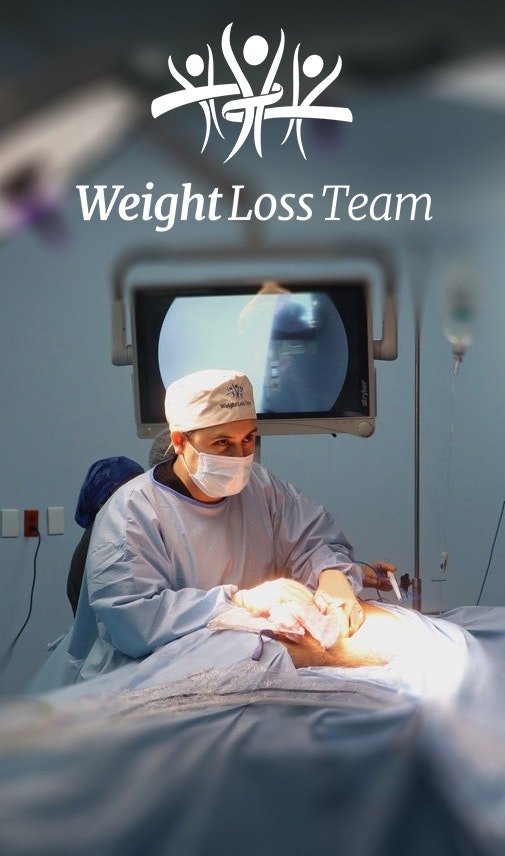Can you drink alcohol after Weight Loss Surgery?
 According to Dr. Juan F. Hidalgo bariatric specialist at Weight Loss Team in Puerto Vallarta Mexico, alcohol should not be consumed after weight loss surgery as it can be harmful in many different ways and should not be consumed until the patient reaches their goal weight.
According to Dr. Juan F. Hidalgo bariatric specialist at Weight Loss Team in Puerto Vallarta Mexico, alcohol should not be consumed after weight loss surgery as it can be harmful in many different ways and should not be consumed until the patient reaches their goal weight.
Weight Loss Surgery changes the size of the patient`s stomach. This impacts how the patient can eat and what they should eat. Even when patients are fully recovered from surgery, they have to be limited to small portions, high protein, low carbs, and sugarless diets which contribute to their rapid weight loss. Alcoholic drinks not only typically have sugars and carbs, but as any other liquid, takes up space in your stomach that need to be packed with healthy food, vitamin, and minerals. In addition to this, alcohol is usually made out of sugars and this will slow down your typically successful weight loss. Alcohol absorption also increases after surgery making it easier to get drunk and to make bad food choices when in this condition. Even with all of this information, it is common to hear Weight Loss Surgery patients asking if it is possible to safely incorporate alcoholic drinks into their new healthy lifestyle after surgery. The answer is NO in the weight loss phase post-surgery as it will not only slow down your weight loss but could lead to an addiction problem since most obese patients are giving up the addiction to eating and then fall into other addictions like alcohol. So be careful! That said however once at goal weight the patient may gradually add lower sugar and carb alcoholic beverages back into their diet with moderate use and a healthy lifestyle plan.
Here are a few points that a patient that is post weight loss surgery should consider regarding alcohol:
- Patients should avoid alcohol at least the first six months after their surgery, but ideally, wait until they reach their goal weight to start drinking again.
- Blood alcohol levels peak higher and take longer to go back to normal
- Consuming alcohol while eating less food can contribute to expedited absorption of alcohol in the bloodstream
- Alcohol consumption further depletes glycogen, causing the patient’s blood sugar levels to drop which can lead to lightheadedness, loss of balance, slurred speech, poor vision, and confusion. This could be a risk of developing low blood sugar or hypoglycemia
- Alcohol contains calories but minimal nutrition and obviously will work against your weight loss aim
- Alcohol might cause the patient to become nauseated
- When patients get permission to start drinking alcohol again, they should avoid carbonated beverages and sugary drink mixers
- Patients should be aware of the calorie content of alcohol
- A bottle of wine has over 500 calories
- Gaseous drinks as beer, champagne, etc. can exacerbate reflux and cause pain
- A glass of wine can stop weight loss for 7-10 days after drinking it
- There are many carbs and sugars in most alcoholic beverages.
If the patient’s intention is to have a healthy life after weight loss surgery, they must avoid drinking alcohol until they achieve their weight loss success. The new lifestyle habits that are part of the patient's change in lifestyle such as reducing their alcohol intake might not be easy, but it is necessary to be successful and to ensure the patient’s weight loss results and new healthy life.
Drinking alcoholic beverages is a personal choice when done in moderation and with precaution after you achieve your weight loss goal. However, it is always better to follow your bariatric specialist's recommendations in your specific case.
For more information regarding Clinics/ Hospitals and Weight Loss Options mentioned in this article:
Weight Loss Team – Bariatric Surgery Center at the CMQ Riviera Nayarit Hospital
Website: www.weightlossteam.com/
Email: info@weightlossteam.com
Telephone: Toll free 1(800) 404-9064 or + 1(818) 949-6911



